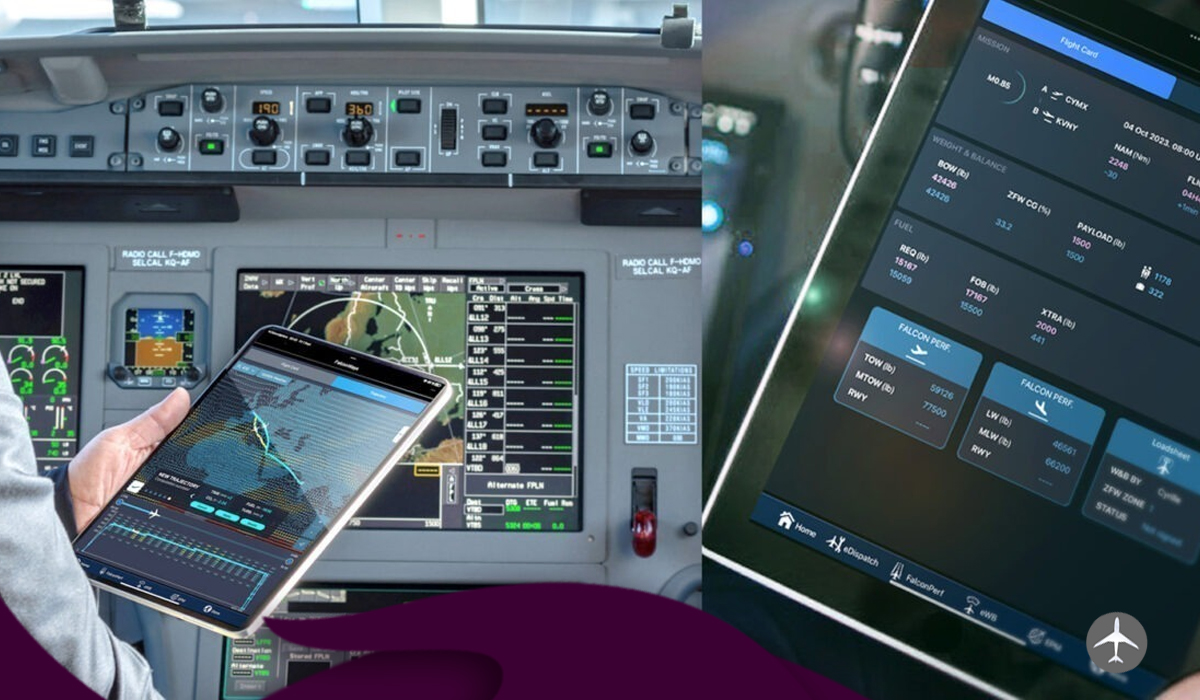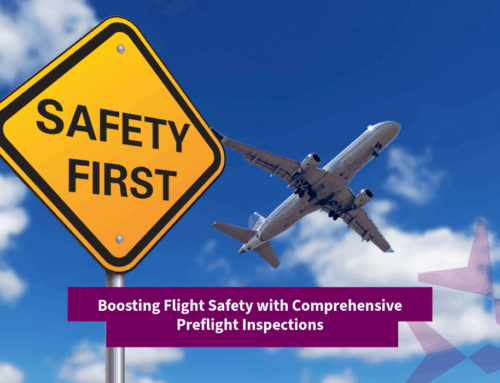The Importance of Customized Flight Planning in Today’s Aviation Industry
In the dynamic and ever-evolving world of aviation, the need for efficient and tailored flight planning has become increasingly crucial. As the industry navigates the challenges of rising fuel costs, environmental concerns, and the complexities of modern air traffic management, customized flight planning has emerged as a vital strategy for airlines, private aviation companies, and individual pilots alike.

Understanding the Complexities of Flight Planning
Flight planning encompasses a comprehensive set of processes that determine the optimal route, altitude, and fuel requirements for a given flight. This task is far from straightforward, as it requires considering a multitude of factors, including weather conditions, airspace restrictions, aircraft performance characteristics, and regulatory requirements [1]. Failing to account for these variables can lead to significant challenges, such as increased fuel consumption, delayed arrivals, and even safety risks.
The Benefits of Customized Flight Planning
Embracing a customized approach to flight planning offers a range of benefits that can have a profound impact on the aviation industry:
- Fuel Efficiency: By meticulously analyzing the specific characteristics of an aircraft, the route, and the environmental conditions, customized flight planning can identify the most fuel-efficient options, reducing operational costs and carbon emissions [2].
- Improved Punctuality: Tailoring flight plans to the unique requirements of each flight can minimize delays and ensure on-time arrivals, enhancing the overall customer experience and maintaining the reliability of airline schedules.
- Enhanced Safety: Customized flight planning can proactively address potential hazards, such as adverse weather conditions or airspace restrictions, thereby improving the safety of both pilots and passengers [3].
- Competitive Advantage: Airlines and private aviation companies that invest in customized flight planning can differentiate themselves from their competitors, offering a more efficient and reliable service to their customers.
Implementing Customized Flight Planning
Achieving the benefits of customized flight planning requires a multifaceted approach that incorporates the latest technological advancements, data analytics, and industry expertise. This may involve the use of sophisticated flight planning software, real-time weather data, and advanced algorithms to optimize every aspect of the flight [4].
Additionally, fostering a culture of collaboration and information-sharing among industry stakeholders, such as air traffic control agencies, meteorological services, and aircraft manufacturers, can further enhance the effectiveness of customized flight planning [5].
References
[1] International Civil Aviation Organization. (2022). Manual of Procedures for Operations Inspection, Certification and Continued Surveillance. ICAO Doc 8335-AN/879.
[2] Eurocontrol. (2021). Fuel Efficiency Plan: A Roadmap for Sustainable Aviation. Retrieved from https://www.eurocontrol.int/publication/fuel-efficiency-plan
[3] Federal Aviation Administration. (2020). Advisory Circular 91-92: Operational Safety Risk Management. U.S. Department of Transportation.
[4] Airbus. (2019). Flight Planning: A Key Factor for Operational Efficiency. Retrieved from https://www.airbus.com/en/newsroom/stories/2019-08-flight-planning-a-key-factor-for-operational-efficiency
[5] International Air Transport Association. (2021). Collaborative Decision Making (CDM) Implementation Manual. IATA Guidance Material.






